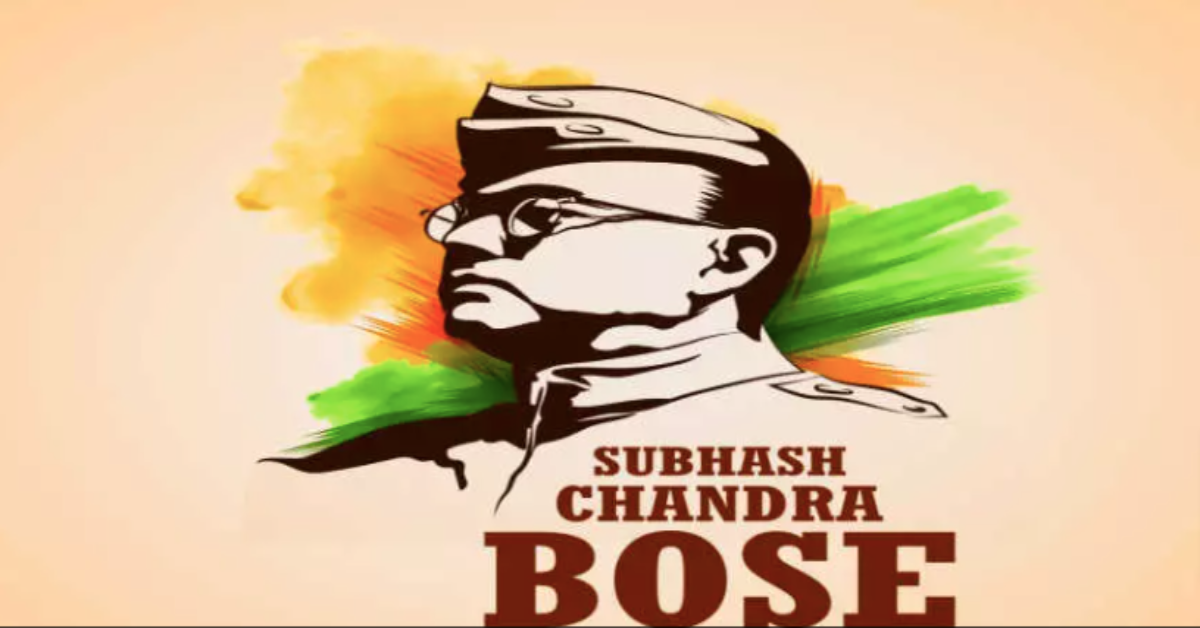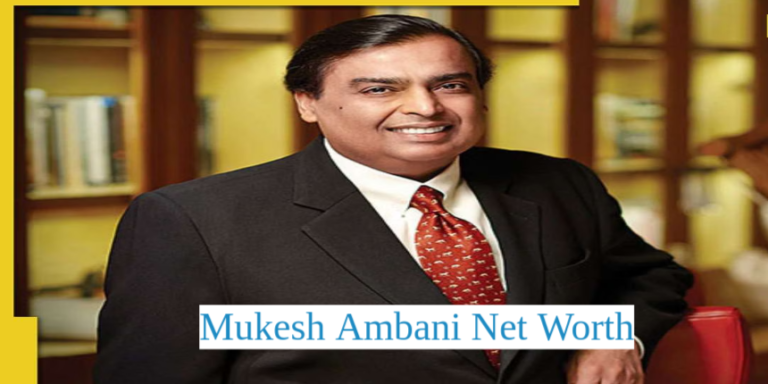
500+ Words Essay On Subhash Chandra Bose
Subhas Chandra Bose, often fondly addressed as Netaji, stands as a towering figure in the annals of India’s struggle for independence. Born on January 23, 1897, in Cuttack, Odisha, Bose’s life was characterized by an unwavering commitment to the cause of freedom, fearlessness in the face of adversity, and a visionary approach to achieving India’s independence.
Bose’s early life and education laid the foundation for his later political activism. Educated at Cambridge University, he joined the Indian Civil Service but soon realized that his true calling lay in the fight against British colonial rule. His entry into politics began with his association with the Indian National Congress, where his radical views and advocacy for complete independence set him on a distinctive path.
In 1938, Bose was elected as the President of the Indian National Congress. However, his differences with the mainstream leadership over the approach towards attaining freedom led him to resign from the presidency. Undeterred, he set out to form the Forward Bloc, a political group that aimed at consolidating anti-British forces.
One of the most remarkable chapters in Bose’s life unfolded during World War II. Rejecting the path of non-violence, Bose sought international support to create an armed force that would liberate India from British rule. He aligned with Axis powers, primarily Japan and Germany, and formed the Azad Hind Fauj and the Indian National Army (INA).
The INA played a crucial role in the Burma Campaign, with Bose’s clarion call “Chalo Delhi” becoming symbolic of the determined march to liberate India. The impact of the INA on both the British forces and the Indian populace was profound, and Bose’s military strategy earned him the moniker of “Netaji.”
Bose’s leadership style was marked by strategic brilliance, unyielding determination, and a deep understanding of the geopolitical landscape. His famous words, “Give me blood, and I shall give you freedom,” resonated with the spirit of sacrifice he expected from his followers. The legacy of Bose’s leadership is embodied in the iconic slogan “Jai Hind,” a patriotic salute that remains integral to India’s national identity.
The mystery surrounding Netaji’s death has added layers to his enigmatic persona. While the widely accepted narrative is that Bose died in a plane crash in Taiwan on August 18, 1945, conspiracy theories persist, suggesting that he might have survived and lived incognito. Decades after his death, declassified files and renewed investigations have stirred fresh debates about the circumstances leading to Netaji’s demise.
The legacy of Subhas Chandra Bose extends far beyond the realms of history textbooks. His life and contributions continue to inspire leaders, scholars, and citizens alike. The principles he embodied – fearlessness, sacrifice, and an unrelenting commitment to freedom – remain relevant in the contemporary world.
Essay on Netaji Subhas Chandra Bose 200 words in English
A brief and impactful essay, covering the essence of Netaji’s life and contributions, can be encapsulated in a short essay. This would touch upon his early years, his leadership in the INA, and the enduring legacy he left behind.
Legacy and Inspirational Impact:
Netaji Subhas Chandra Bose’s legacy extends far beyond the chronological details of his life. His leadership, characterized by fearlessness and an unwavering commitment to the cause of independence, continues to inspire leaders and citizens alike. The “Jai Hind” salute coined by Netaji remains an integral part of India’s patriotic fervor.
Bose’s philosophy of “Give me blood, and I shall give you freedom” encapsulates the spirit of sacrifice he embodied. His charismatic leadership and strategic brilliance left an indelible mark on the fight against colonial oppression. Netaji’s approach to achieving independence through armed struggle demonstrated his pragmatism and a deep understanding of the geopolitical dynamics of the time.
Netaji Subhas Chandra Bose stands as an icon of courage, resilience, and unyielding dedication to the cause of freedom. His life, marked by a fervent commitment to the ideals of independence, remains a beacon for those who aspire to make a difference. As we commemorate his birth anniversary, let us remember Netaji’s words, “It is blood alone that can pay the price of freedom.” The legacy of Netaji Subhas Chandra Bose is not merely a chapter in history; it is a living testament to the spirit of indomitable will and the relentless pursuit of a just and free nation.
Also Check: Essay on Republic Day






2 thoughts on “Subhash Chandra Bose Essay for Students”